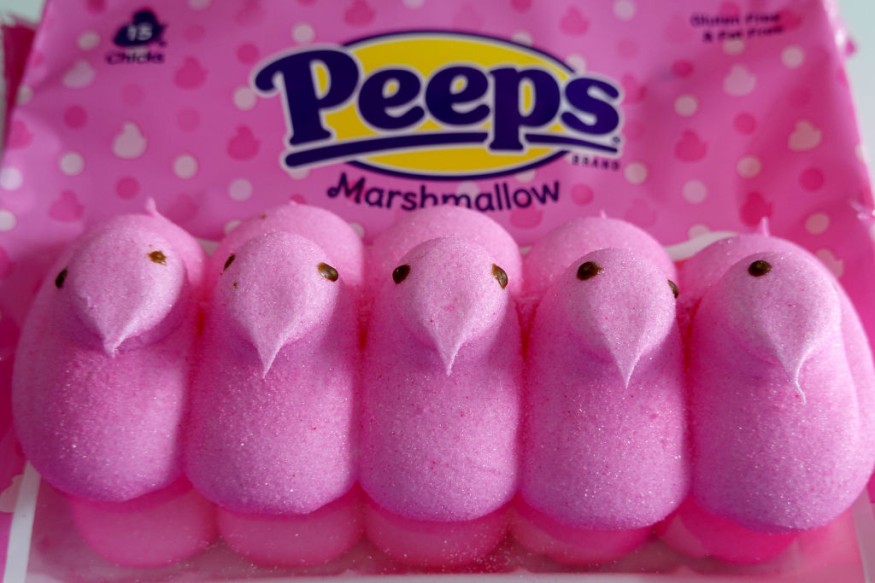California Bans 4 Chemicals Used in Food, Drinks Linked to Health Problems

California made history Saturday by becoming the first state to prohibit the use of four chemicals in widely recognized candies and various food and beverage products due to their links to specific health concerns, including cancer.
Gov. Gavin Newsom signed the California chemical ban that prohibits the use of the chemical red dye No. 3 as a food coloring agent, prominently used in products like Peeps, the iconic marshmallow confection associated with Easter, according to ABC 7.
The new law also outlaws brominated vegetable oil, an ingredient utilized in certain store-brand sodas, as well as potassium bromate and propylparaben, two chemicals frequently used in baked goods.
In his signing statement, Newsom noted that the substances addressed in the bill have already been banned in numerous other countries, including the European Union.
He emphasized that this legislation is a positive step until the United States Food and Drug Administration (FDA) conducts a review and establishes updated national safety standards for these additives.
Notably, Just Born Inc., the company responsible for producing Peeps, has been actively exploring alternative product dye options.
Authored by Assemblyman Jesse Gabriel, a Democrat from Los Angeles, Assembly Bill 418 (AB 418) prohibits the manufacturing, sale, and distribution of foods containing Red Dye No. 3, potassium bromate, brominated vegetable oil, or propylparaben.
Officials lauded this legislation as a pioneering measure in the United States.
Assemblyman Gabriel expressed his satisfaction with the Governor's signature, highlighting the bill's significance in safeguarding the well-being of children and families in California.
READ NEXT: California Banning the Diesel Truck by 2026
California Chemical Ban Takes Effect in 2027
This ban will affect specific candies such as Peeps, Hot Tamales, and Dubble Bubble Twist Gum, as well as many other food products.
Due to health concerns, many major brands and manufacturers, including Coke, Pepsi, Gatorade, and Panera, have voluntarily ceased using the prohibited additives.
However, the implementation of this ban will not take effect until 2027, providing food companies ample time to negotiate new contracts and make necessary recipe adjustments, per News Nation.
Notably, the initial bill included a fifth chemical, titanium dioxide, which was omitted to garner broader bipartisan support.
Titanium dioxide is a color additive that enhances the visual appeal of products and prevents pigment deterioration over time. Its exclusion from the bill means that candies like Skittles, which employ this chemical, will not need to modify their recipes to comply with California law.
Former governor and fitness icon Arnold Schwarzenegger, endorsing AB 418, emphasized the non-partisan nature of such measures and the essential role of government in safeguarding public health, especially when it comes to children.
FDA Banned Red Dye No.3 33 Years Ago
The FDA banned red dye No. 3 from cosmetics in 1990 due to its link to cancer in animals, highlighting concerns over regulatory delays in addressing potential risks in food products, Fox 59 noted.
The National Confectioners Association, representing numerous candy makers and chocolatiers, expressed strong disapproval of the new law, arguing that it replaces a uniform national food safety system with varying state requirements, ultimately increasing food costs.
They suggested that the FDA should be the primary authority rather than individual states.
The trade group raised concerns that the law might undermine consumer confidence and create confusion regarding food safety, emphasizing that decisions should be based on sound science rather than political considerations.
This article is owned by Latin Post
Written by: Bert Hoover
WATCH: California bans four food additives - From CBS Sacramento
Subscribe to Latin Post!
Sign up for our free newsletter for the Latest coverage!
















